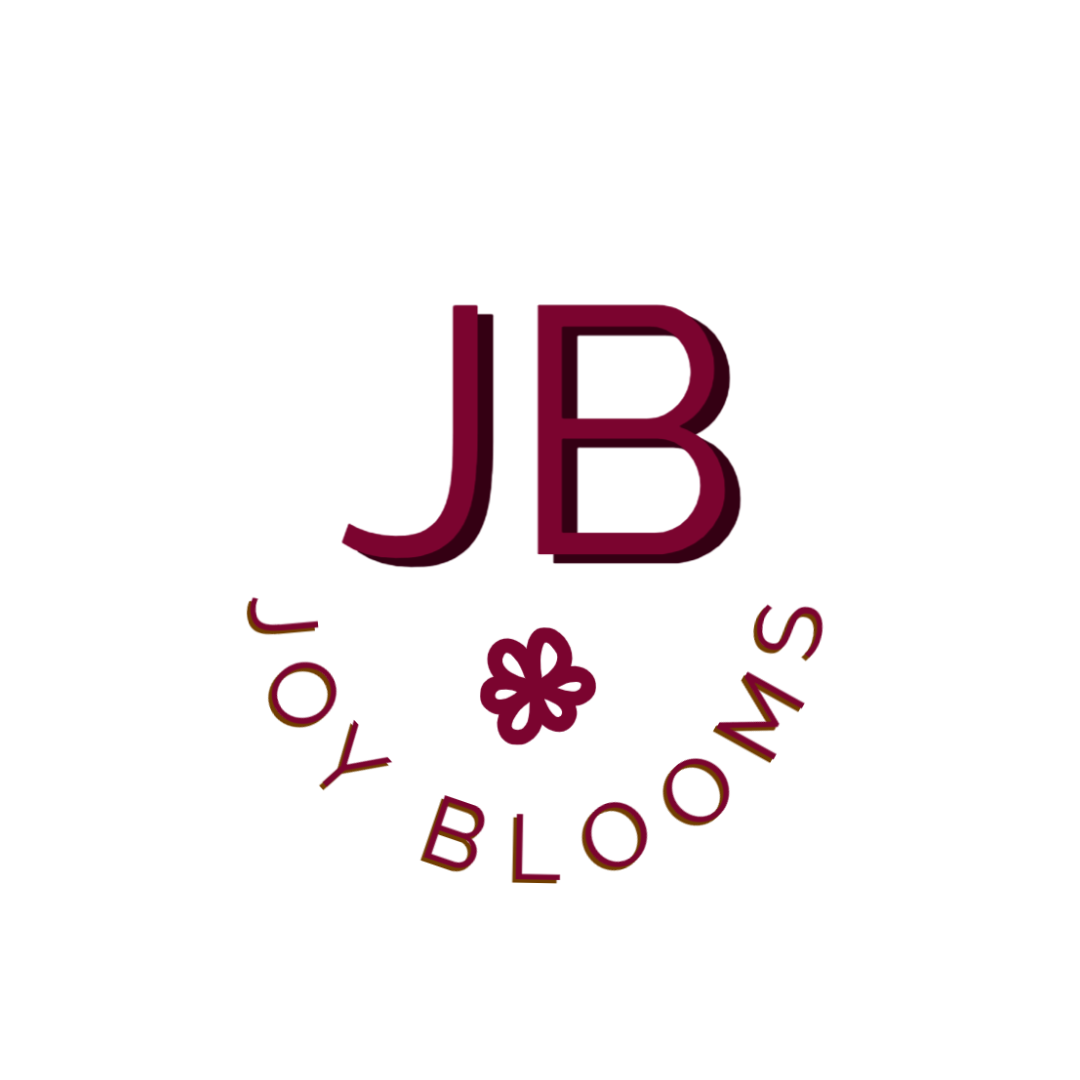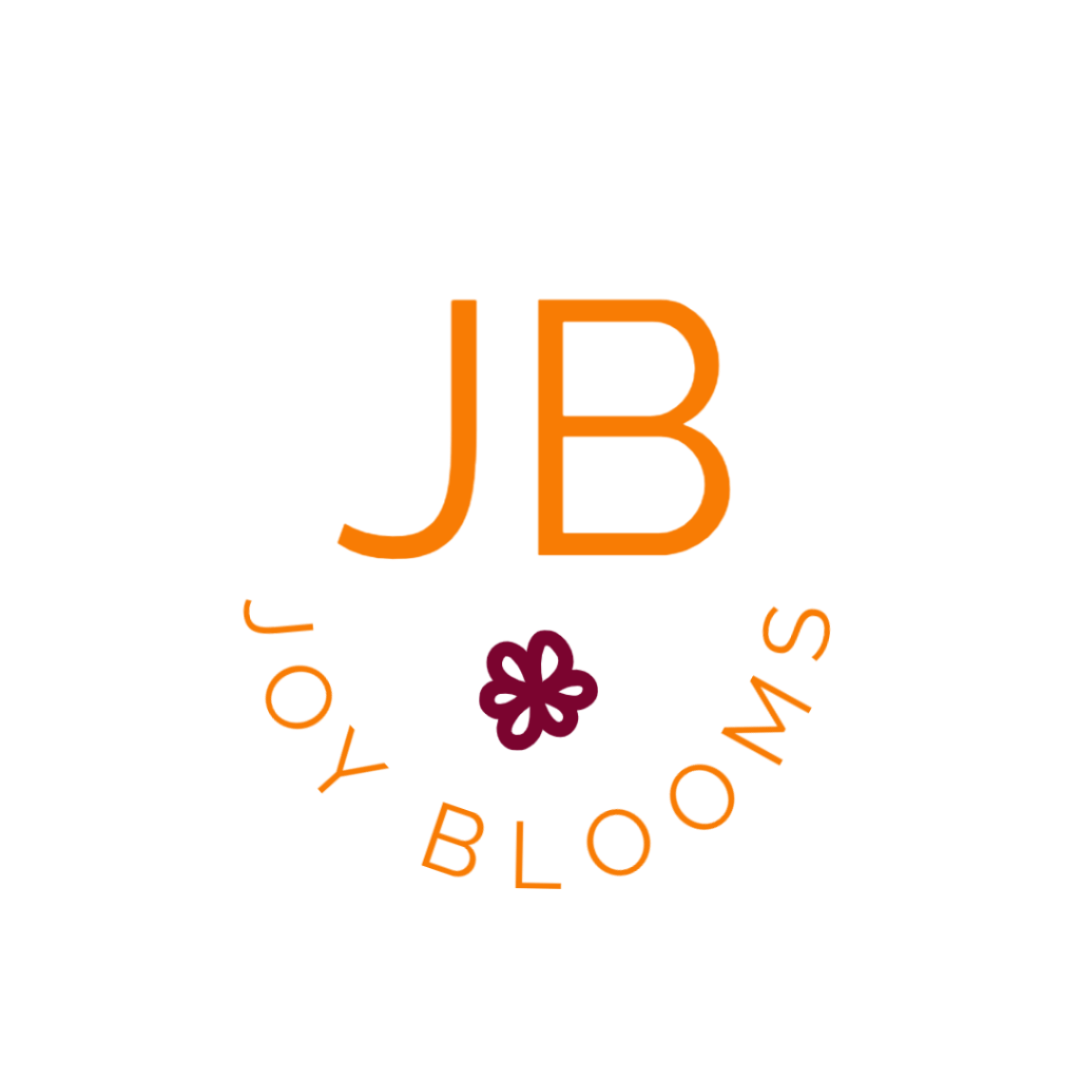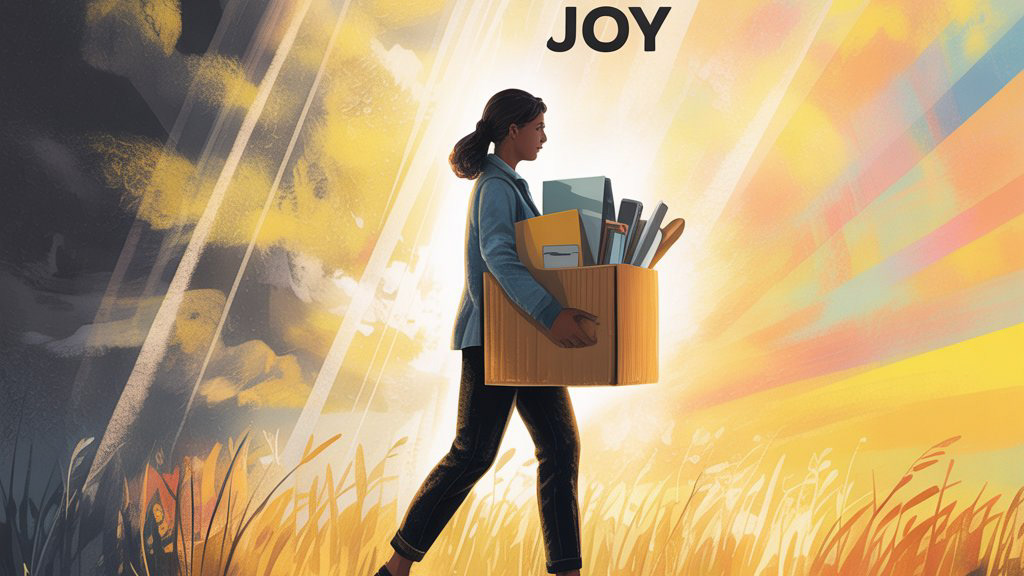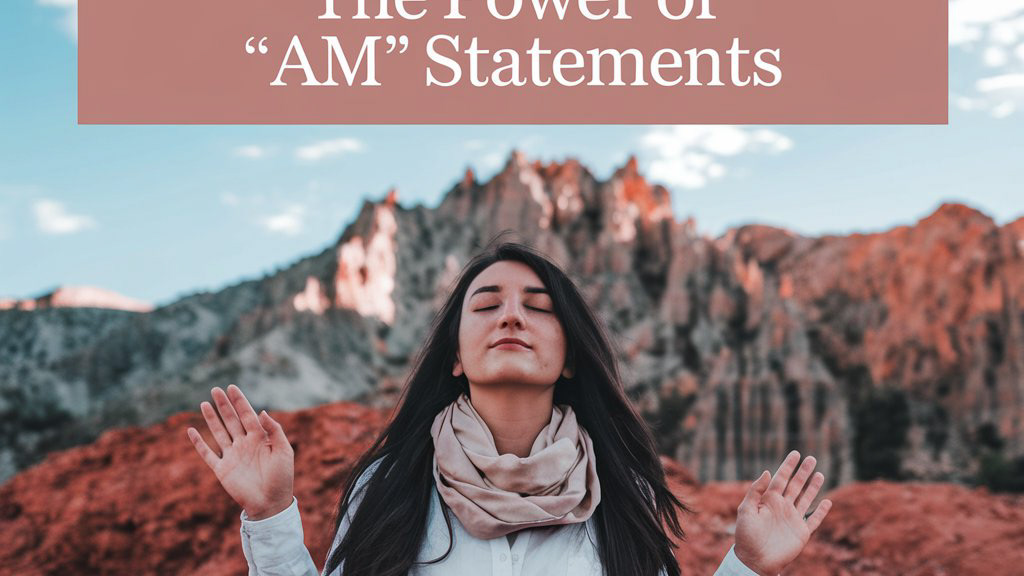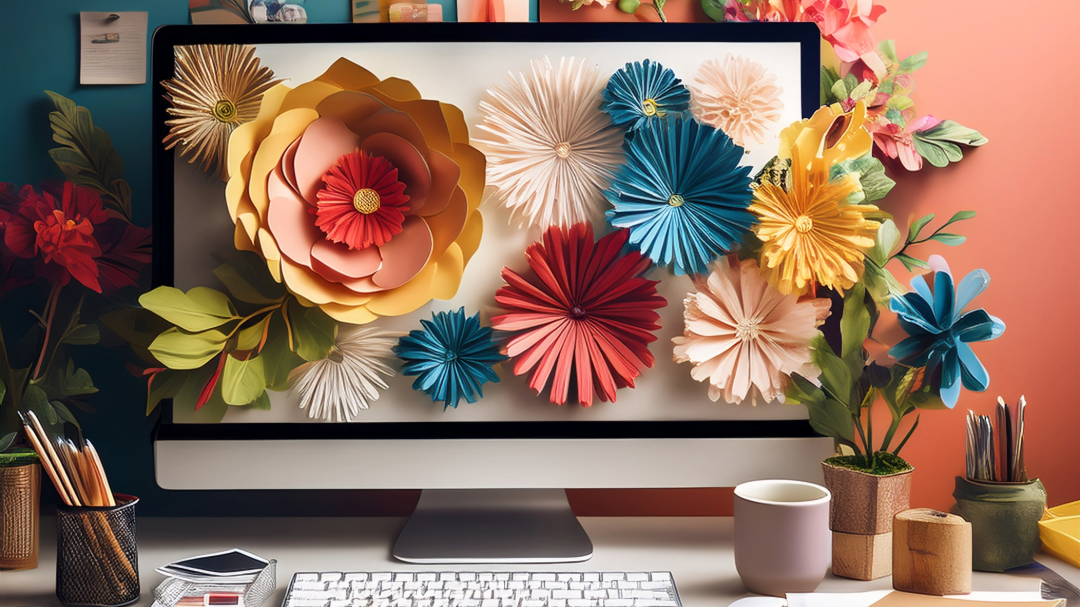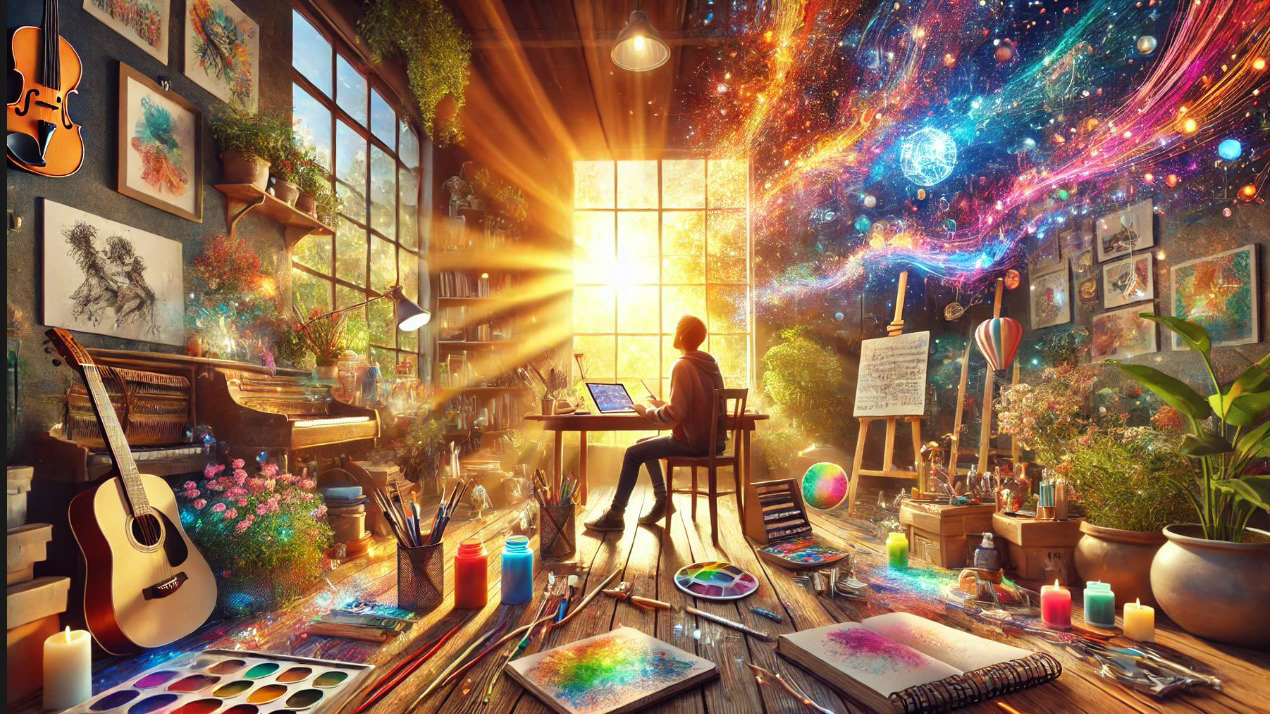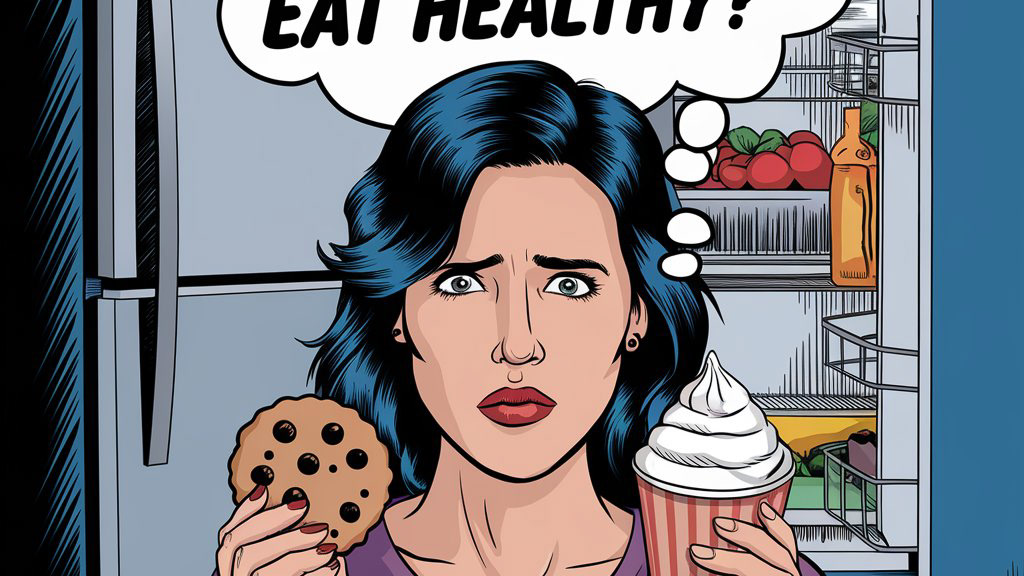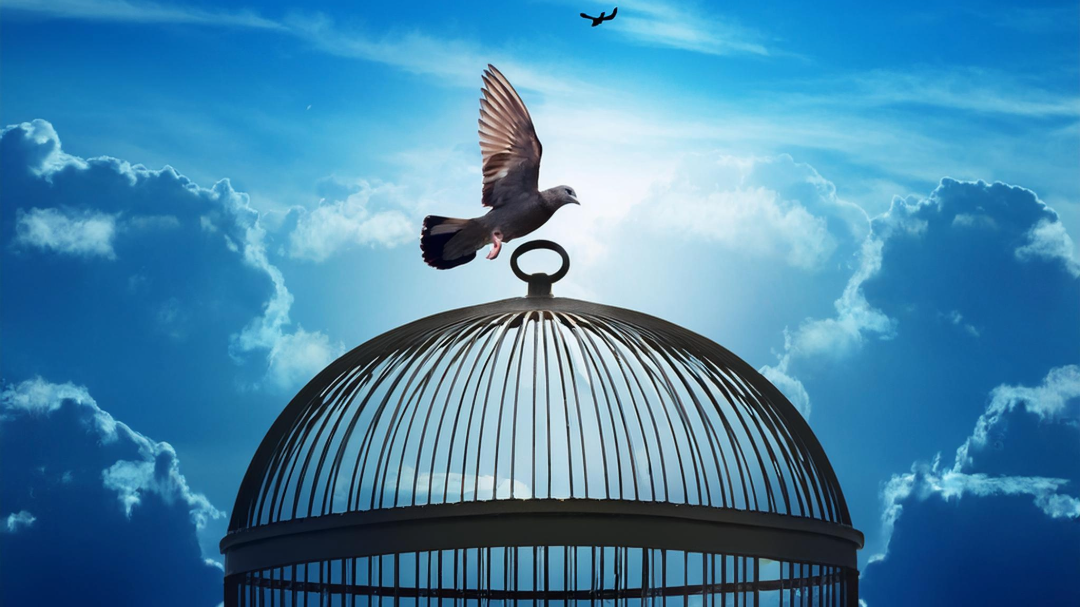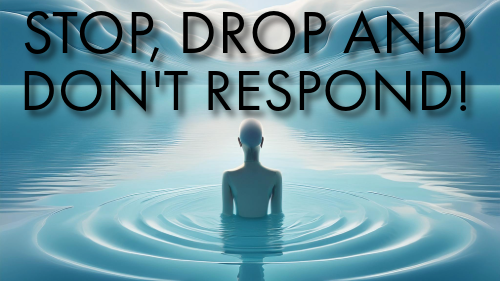I first stumbled upon it in a YouTube video that caught my attention and lingered in my mind for days - this simple but powerful idea: create more than you consume. With some digging, I discovered its origins traced back to Thomas Corley, who studied the habits of the wealthy for his book "Rich Habits." What he found was striking: successful people aren't just passive consumers of content, information, and products - they're prolific creators.
Think about your typical day. How many hours do you spend scrolling through social media, watching videos, reading articles, or shopping online? Now compare that to the time you spend actually creating something - writing, building, designing, or producing something original. For most of us, consumption dramatically outweighs creation. And that imbalance might be the very thing holding us back from reaching our potential.
What if, for just one week, you flipped that equation? That's exactly what I decided to do. The first thing I noticed was that I tend to consume even when I am creating. The art of paper flower making is very mobile. You can cut petals and fringe paper easily on the couch with a good show playing. I've even become strategic about what I watch during creative sessions. This is when I catch up on my NJ Housewives, Love at First Sight, The Circle, or a season of a show I have already seen, such as the Gilmore Girls or Younger. Even the Sunday NASCAR race allows me to listen to the commentary while still using my hands and eyes to create.
I also noticed that when I'm creating paper for my flowers and unable to watch television, I have music playing. So does this mean I am still consuming more than I am creating? Should I try to create without any background entertainment? The thought of sitting in silence while cutting petals, spinning floral wire and tape, assembling blooms... I wonder if I could do it. Is there value in trying this?
I went back to the source to figure out what Thomas Corley meant and whether there was an exception to doing these two tasks simultaneously. His thoughts on the matter seem to say that activities primarily focused on passively absorbing information are categorized as consumption, while those focused on producing something new (whether it's a YouTube video, a story, computer code, or paper blooms) are creation. Creating something is presented as a way to actively develop knowledge, skills, and experience to a greater extent than consuming. Consumption, particularly passive forms, doesn't offer the same level of personal growth.
I really want to pay more attention moving forward to how much time I spend each day not creating and simply consuming. This is such a telltale sign of what really matters to us. Because the truth is, if you are coming home from work just to sit in front of the TV until bedtime, you aren't going to create the dream that you so crave. Let's face it, every time we create, we are getting a step closer to something—whether that be finishing a project, which might lead to a next project, which leads to a next, and so forth. If we stop creating, we stop living. We were put on this earth to create. We were created in the image of God, and He is the ultimate creator, so that must mean that is what we are meant to do with our time, not watch trashy television, silly social media videos for hours on end, or get lost down a YouTube spiral. Hours can fly by while you are scrolling.
Let's try to be aware of how much we are consuming versus creating. I think this percentage number tells a great deal about where one is headed in life. When we shift the balance toward creation, we don't just produce more—we experience life more fully.
Perhaps the most beautiful balance isn't just about creating more than we consume, but about finding the kind of consumption that genuinely fuels our creation, and the kind of creation that fills our lives with authentic joy. This week, I challenge both myself and you to notice the difference—to feel the distinction between the temporary satisfaction of consumption and the enduring fulfillment of creation.
Remember, stay rooted in joy by staying rooted in creation. That's where we truly come alive!
Share your thoughts! I would love to hear from you!
Thank you!
